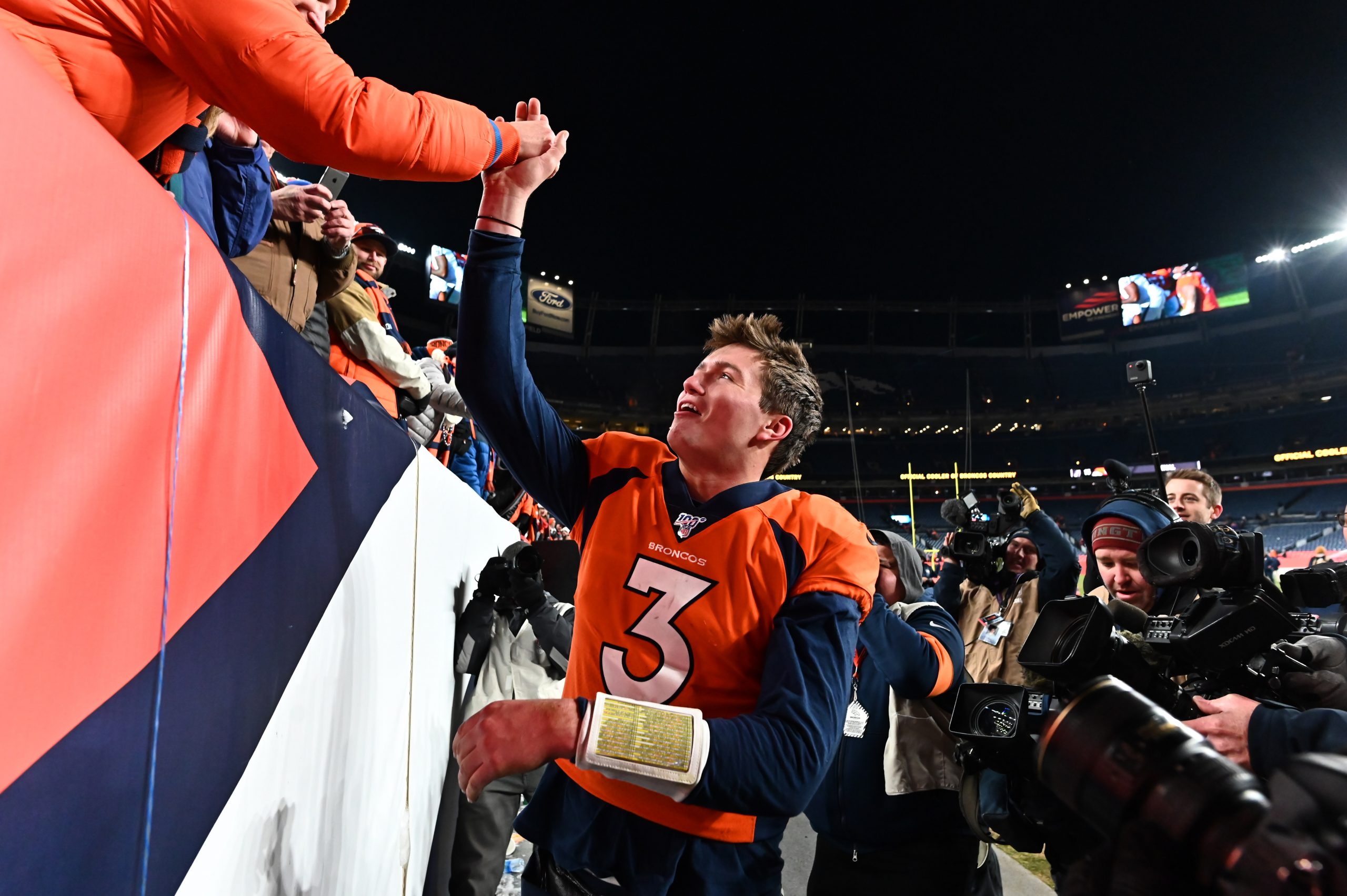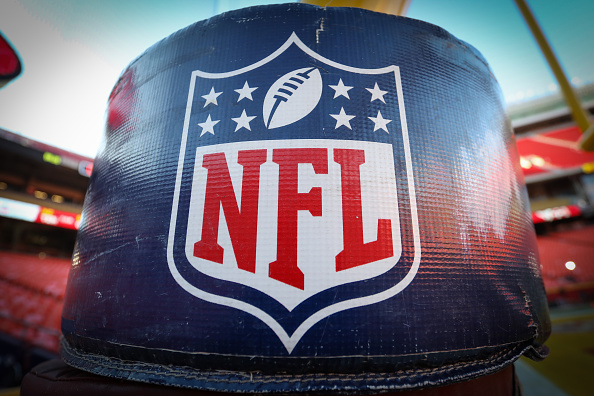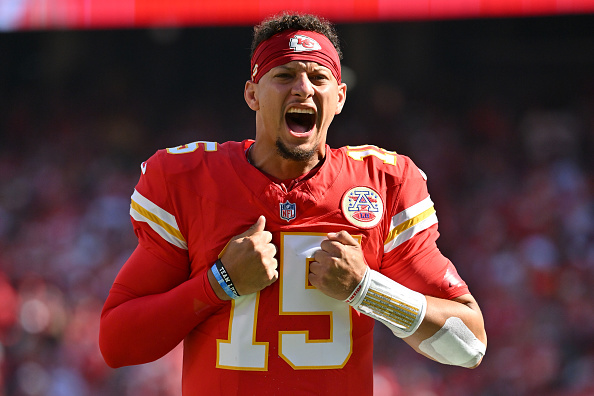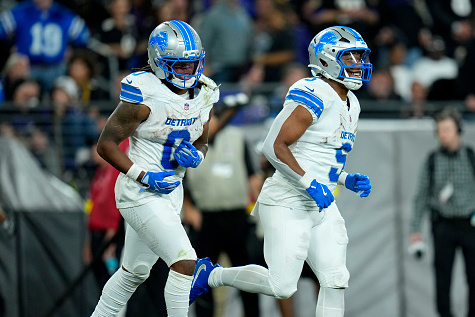In 2019, the Denver Broncos selected Missouri quarterback Drew Lock in the second round of the NFL Draft. Expectations were that Lock would sit and learn behind veteran quarterback Joe Flacco. After an injury in training camp that resulted in the rookie heading to Injured Reserve, it looked like a red-shirt season for the rookie quarterback was ik the books.
Flacco became another failed attempt to bring in a stopgap quarterback before ending the season with a neck injury in Week 8. Brandon Allen would start the next three games before the Broncos decided to bring Lock off of IR and into the starting lineup in Week 13. Those five games were filled with positive and negative play from the Missouri native.
Lock and the Broncos finished the final five games of the 2019 season at 4-1. During that stretch, the rookie had mixed performances. In his first three games, Lock showed the confidence and flashes of excitement when pushing the ball downfield. However, in the final two games, he looked hesitant to push the ball downfield.
On 156 passing attempts, only 11 of them went beyond 20 yards downfield. Lock averaged 6.9 Intended Air Yards during those five games, according to Next Gen Stats. He ranked last among signal-callers in 2019 on throws that went 10 or more yards. Arguably his biggest strength coming out of college was his arm strength and ability to make those deep throws.
What might have been even more surprising was that it came with the Broncos’ offense utilizing a high volume of play action. Even when the offense was designed to push the ball to the deep and intermediate areas of the field, Lock still chose to dink and dunk his way downfield instead.
There are several reasons as to what went into that production. Lock, being a rookie quarterback, was still learning to read defensive coverages during those five games. Being on IR for most of the season, he also hadn’t built chemistry with his receivers. After a brutal performance against the Kansas City Chiefs in Week 15, confidence also could have played a factor.
Improving the ability and willingness to push the ball downfield will be a must for Lock to have success in 2020. Lower body mechanics, when attacking those intermediate and deep areas of the field, will also have to continue to improve. His mobility within the pocket showed flashes of improvement by the final two games of the season, which is promising.
One of the knocks on Lock coming out of Missouri was his feel for pressure and how he moved within the pocket. Instead of stepping up into the pocket, he would often abandon the pocket. In the final two games of the season, Lock seemed to limit how far he leaned to one side of the pocket instead of completely abandoning it altogether. There is still work needed to be done there, but for only five games of starting experience, that’s a good sign.
Offseason moves
If Lock and the Broncos’ offense wants to have success in 2020, he will have to get back to pushing the ball downfield. Luckily, general manager John Elway spent the 2020 offseason putting high potential pieces around his young quarterback to supply him with everything he needs to have success.
The first two selections of the 2020 NFL Draft for Denver went to the wide receiver position. Alabama wide receiver Jerry Jeudy brings explosiveness and arguably the best route-running ability to come out of college in many years. Adding a player whose best attribute is the ability to separate to a young signal-callers arsenal is a great move.
Penn State wide receiver K.J. Hamler provides speed and big-play ability from the slot. Adding to the backfield, Melvin Gordon comes over from the Los Angeles Chargers on a two-year contract.
Adding these three players to an offense that already had Courtland Sutton, Phillip Lindsay, and Noah Fant provides Lock with weapons at every level. If the Broncos are going to propel themselves to the top, they have to win their own division first. To win the AFC West, they have to find a way to outscore the Kansas City Chiefs as defense alone has proven to not be enough.
Denver also moved on from offensive coordinator Rich Scangarello in favor of Pat Shurmur. While the west coast system will still remain, Shurmur deploys more spread concepts that will be familiar to Lock from his days at Missouri. Shurmur has failed to prove his abilities as a head coach, but his success as an offensive coordinator should give Broncos fans some optimism heading into the season. After all, he helped get the Minnesota Vikings to the NFC Championship with Case Keenum as the starting quarterback not too long ago.
The area that could have used more attention to help Lock in 2020 is the offensive line. Adding Lloyd Cushenberry via the draft and signing Graham Glasgow in free agency helps along the interior, but the tackle positions remain a concern. Left tackle Garrett Bowles has yet to live up to his draft stock. At right tackle, hopes were that Ja’Wuan James would be returning after a season in which he played only three games due to knee injuries. Unfortunately for Denver, James elected to opt-out of the 2020 season.
What can we expect from Drew Lock in 2020?
With such a small sample size from his rookie season, it’s hard to predict what Lock will do in his second season. Denver could find themselves hurt by this unique offseason more than many teams around the league with Lock’s limited experience and the cast of young talent.
After struggling to get on the same page as his weapons in 2019, Lock and the Broncos’ offense could have some bumps in the road early in the season. Without a real offseason, how much has the young signal-caller improved heading into Year 2? How long will it take the rookie additions to translate to the NFL? These are questions that will carry a high impact on how the season could go.
If Lock can improve upon his rookie performance and the new additions can pick up the new offense early on, the Broncos have a good chance of making it to the playoffs.
That’s a tall order for the young group.
Given the struggles with confidence and chemistry in 2019, it might be too tall of an order.
But Elway did a great job of finding players that can separate in Jeudy and Hamler.
The offense has improved significantly over the offseason and should be better than it was a season ago. Something to monitor closely will be Lock’s pocket presence, considering Denver didn’t improve at the tackle positions.
One thing is clear, though: Elway is all-in on supplying Lock with everything he needs to improve.







